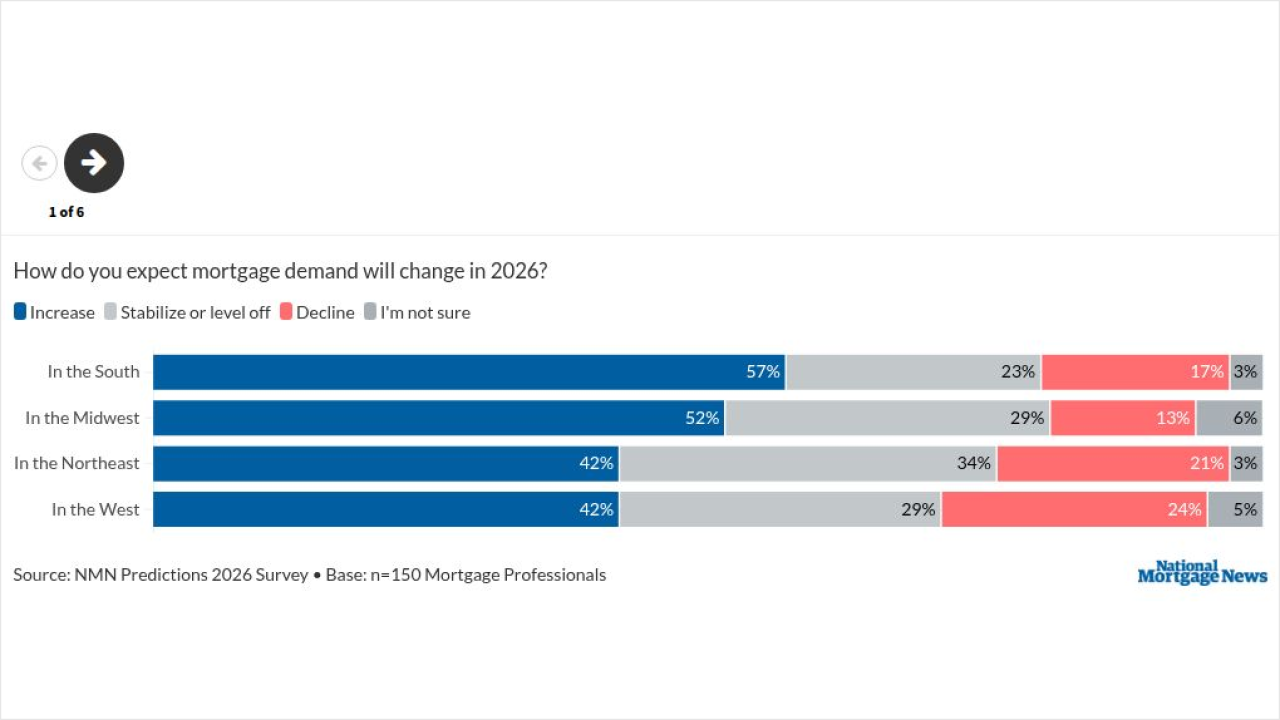
KeyCorp says that it will undergo a third-party racial equity audit to measure the impact that its diversity and equity programs are having internally and in the communities it serves.
The analysis, believed to be one of the first such audits of a regional bank, will be conducted by the law firm Covington & Burling, which was previously selected to perform similar reviews at
The Cleveland bank's decision to undergo the audit
Last fall, a pension fund operated by the labor union Service Employees International Union filed a shareholder resolution urging Key's board of directors to conduct an independent racial equity audit, Renaye Manley, deputy director of strategic initiatives at SEIU, told American Banker.
The decision to submit a resolution was based on concerns about Key's lending record to Black borrowers and the commitments the company made in a $16.5 billion
The resolution called for an analysis of Key's "adverse impacts on nonwhite stakeholders and communities of color," according to a copy of the text obtained by American Banker.
It also requested information about "steps that Key is taking to mitigate such impacts" and pressed the company to include feedback from a diverse set of sources, including civil rights organizations, employees and customers, and to make the results available on its website.
Manley said that the shareholder proposal was withdrawn because Key "agreed to substantially implement the resolution." As a result, it did not appear in Key's 2023 proxy statement.
"The agreement is they would conduct the audit," Manley said, "and we expect them to reach out to us to gather more information and talk to impacted stakeholders and communities."
KeyCorp, the $197.5 billion-asset parent company of KeyBank, declined on Thursday to make anyone available for an interview.
In a statement, the bank said that it has "discussed the possibility of a racial equity audit with a number of stakeholders" including SEIU, and has "decided to move forward with it at this time."
"We believe this engagement is an important part of our journey to continue advancing our diversity, equity and inclusion priorities while identifying potential areas of opportunities," the bank said.
The announcement of a racial equity audit came about four weeks after approximately 80 community development and fair-lending groups sent a letter to federal regulators calling for an investigation into KeyBank's mortgage lending practices for alleged redlining.
The March 31 letter to the Federal Reserve and the Office of the Comptroller of the Currency also sought a downgrade of the bank's Community Reinvestment Act rating and an examination of how well it complied with commitments it made in the 2016 community benefits agreement.
The National Community Reinvestment Coalition, which led the letter-writing effort, has been highly critical of Key's mortgage lending record to Black borrowers in recent months.
The group published a
Several data points from that report, including data about KeyBank's lending record to low- and moderate-income borrowers, were cited in the SEIU pension fund's resolution.
On Thursday, the National Community Reinvestment Coalition reacted harshly to Key's announcement of a racial equity audit.
Jesse Van Tol, the group's president and CEO, said in a press release: "It's a shame that it took pressure from shareholders for KeyBank to acknowledge they have a problem."
The SEIU pension fund has previously submitted shareholder resolutions for racial equity audits at the asset manager BlackRock and the trust bank State Street. Both have since agreed to conduct such analyses.





